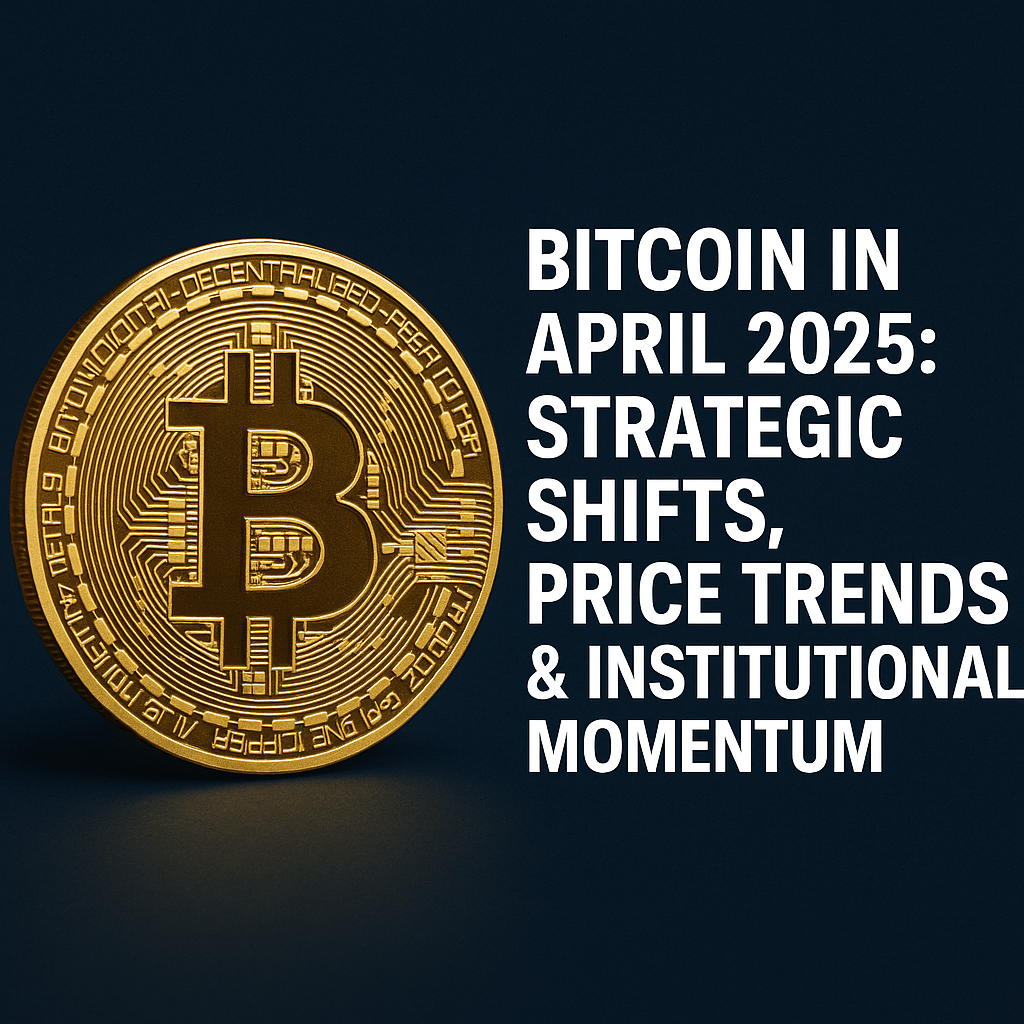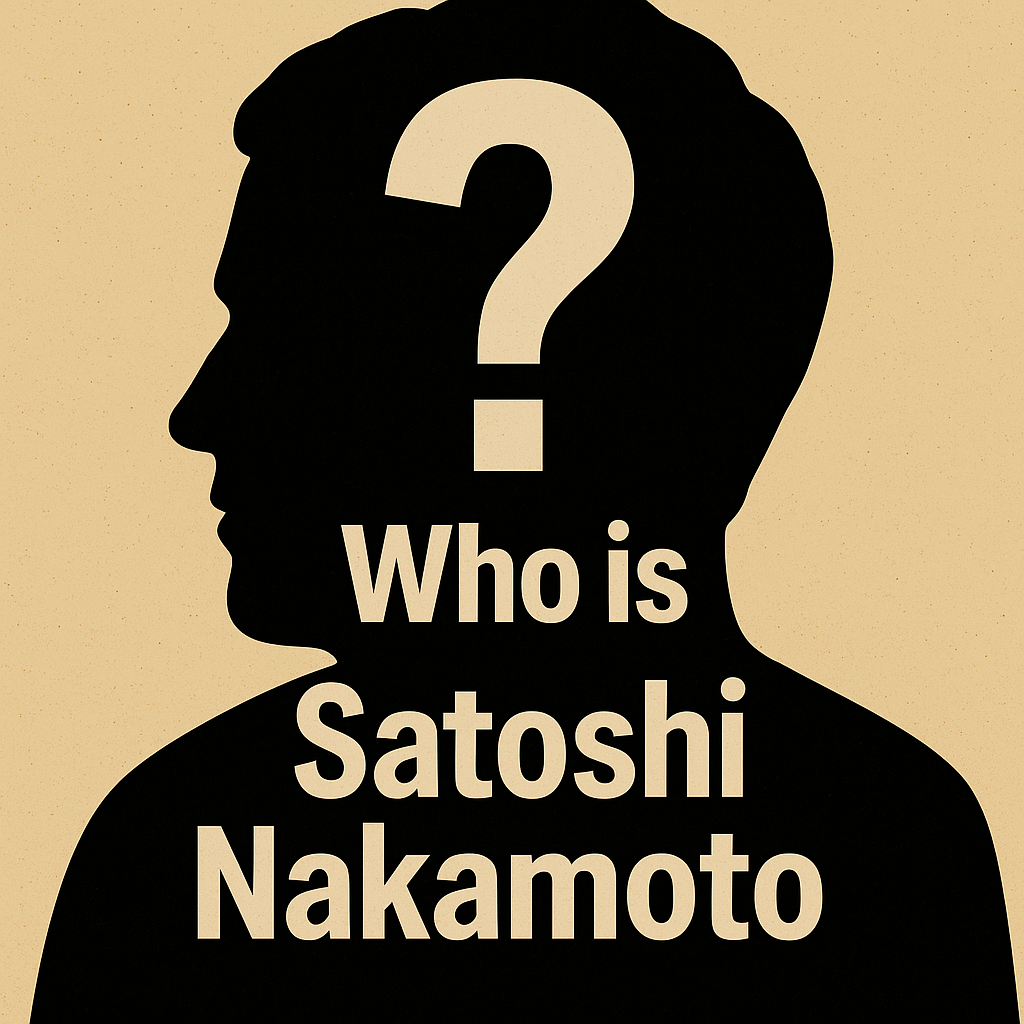📈 Bitcoin in April 2025: Strategic Shifts, Price Trends & Institutional Momentum
As of April 2025, Bitcoin continues to dominate headlines with groundbreaking developments across institutional finance, government strategy, and global economic trends. The world’s largest cryptocurrency is no longer viewed merely as a speculative asset—it is being redefined as a strategic cornerstone of financial systems worldwide.
🏛️ Bitcoin as a Strategic Asset
Bitcoin has taken a pivotal role in both government and corporate financial strategy. Several regions are now actively incorporating Bitcoin into their reserves, signaling a paradigm shift in how national economies hedge against inflation and global instability.
Governments and local jurisdictions are beginning to hold BTC in their treasuries, while companies are embracing it not only as a reserve currency but also as a tool for cross-border operations and inflation protection. This marks a transition from speculation to strategic deployment.
📊 Market Performance & Price Recovery
After experiencing a correction to the $78,000 range in March, Bitcoin has rebounded strongly and is now trading around $88,000. The price stabilization reflects growing investor confidence and a broader acknowledgment of BTC’s long-term value.
Market analysts suggest a bullish outlook for the remainder of 2025, with many predicting a price surge toward $150,000–$250,000, driven by increasing demand from institutions and governments alike. Some models even anticipate levels beyond $300,000 if favorable macroeconomic conditions persist.
🏦 Institutional Interest at an All-Time High
Institutional adoption is accelerating at an unprecedented pace. Hedge funds, asset managers, and pension funds are significantly increasing their Bitcoin exposure, either directly or through regulated financial instruments like spot Bitcoin ETFs.
Bitcoin has evolved into a trusted store of value, particularly amid concerns over fiat currency debasement, rising national debt, and global monetary instability. Some corporations are now allocating a fixed percentage of their treasury holdings into Bitcoin, solidifying its role as a hedge and reserve asset.
🌐 Regulation & Geopolitical Influence
Bitcoin’s global ascent is also influenced by shifting geopolitical dynamics. With traditional alliances under strain and economic uncertainty on the rise, Bitcoin’s decentralized nature offers an appealing alternative for countries seeking monetary independence.
On the regulatory front, several nations are drafting legislation aimed at integrating digital assets into the mainstream financial system. While some jurisdictions lean toward stricter controls, others are positioning themselves as crypto hubs by fostering innovation-friendly environments.
🔮 What’s Next for Bitcoin?
April 2025 marks a turning point in Bitcoin’s journey. No longer a niche experiment or fringe investment, Bitcoin is firmly establishing itself as a central pillar in the future of global finance.
The coming months will be critical:
- Will more governments integrate Bitcoin into their fiscal strategies?
- Will global regulations create clarity or chaos?
- And how will the next wave of institutional capital shape Bitcoin’s path?
One thing is certain: Bitcoin’s evolution is far from over—and April 2025 may be remembered as the month where everything changed.




